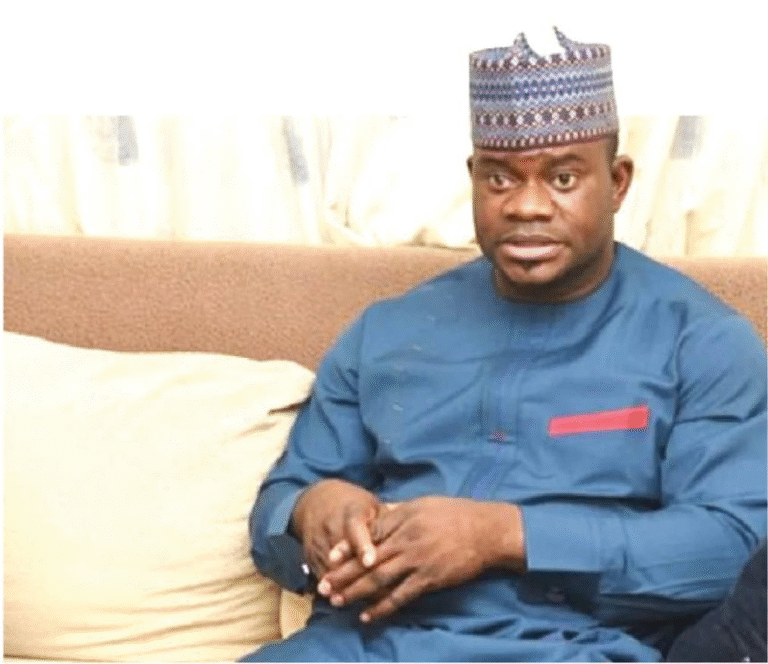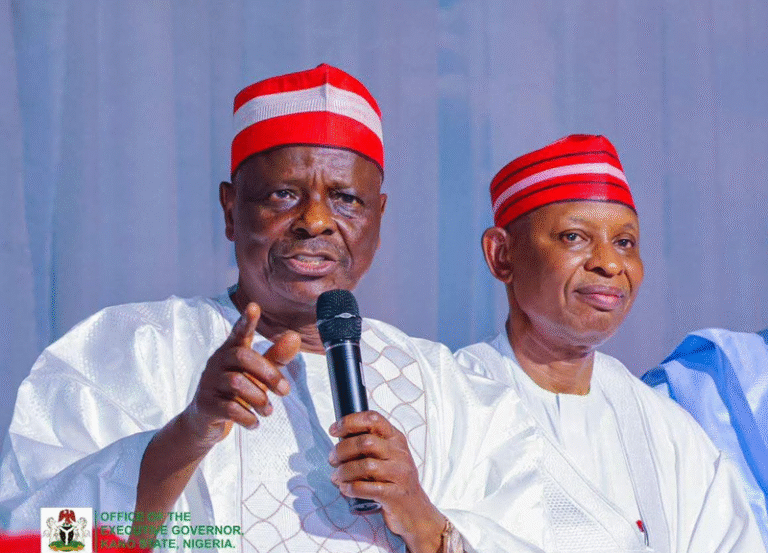
The World Bank on Monday queried the remittance of the proceeds of the petrol subsidy removal by the Nigerian National Petroleum Company Limited (NNPCL).
At his inauguration on May 29, 2023, President Bola Ahmed Tinubu announced the removal of petrol subsidy; the policy triggered a hike in price of the product and virtually all goods and services across the nation.
The policy was projected to save the federal government billions of dollars annually.
The petrol subsidy removal, as justified by the government, was expected to free up funds for critical infrastructure and social programmes.
But the World Bank noted on Monday that while the subsidy was fully removed in October 2024; the NNPCL did not begin transfer of the gains to the federation account until January 2025.
It also stated that since then, the national oil company has been remitting only 50 per cent of the subsidy proceeds and using the rest to offset “past arrears.”
An insider at the NNPCL, who does not want to named, said the declaration by the World Bank and some officials of the government was not strange to them.
“The truth is that Nigeria has been entrapped in these loans for nearly three decades and considering that subsidy has been removed, and in principle the government is getting more money, it is time to pay debts,” he said.
“Nigeria has a lot of commitments with the multinationals and it is repaying those loans now. It is not a matter of whether what is being paid has been captured in the budget or not because it depends on the agreement.
“Some of the loans came about from production sharing contracts and they were not captured as revenue which under normal circumstances must be remitted to the federation account to pass through the rigours of budgeting and releases.
“Some of the monies are being deducted at source. You should also understand that there is international politics in some of these arrangements and the federal government must abide by them,” he said.
What the World Bank said
Alex Sienaert, World Bank’s lead economist for Nigeria, who stated these in Abuja, yesterday, while presenting the May 2025 Nigeria Development Update (NDU) report, urged the federal government to increase transparency of oil revenues.
The NDU is the World Bank’s regular flagship report on Nigeria. It covers at least every six months, providing a dive into the Nigerian economy, covering recent developments in economic policy and providing perspective on the outlook for the economy going forward.
The current issue of the May 2025 NDU focuses on inclusive growth, especially for the poor and economically insecure.
The NDU report also builds on the last edition in October 2024 that focused on jobs.
“Despite the subsidy being fully removed in October 2024, NNPCL started transferring the revenue gains to the Federation only in January 2025.
“Since then, it has been remitting only 50 per cent of these gains, using the rest to offset past arrears,” the World Bank said in its latest report.
“PMS subsidy was effectively ended last October, but revenue gains from this are yet to fully flow to the federation (account). As of January, NNPCL was still only transferring about half of the resulting revenue gains from the subsidy elimination to the federation,” the World Bank said.
The World Bank noted federal government’s revenues for 2025 were anticipated to be 70 per cent from oil and 30 per cent from non-oil sources, assuming full remittance of the fiscal savings from the PMS subsidy removal.
“However, as of March 2025, this full remittance had not yet occurred, as NNPCL claims it has large PMS-related subsidies that should be settled first,” World Bank said.
It urged the government to sustain the ongoing reforms, including the removal of foreign exchange (FX) controls, and undertake more reforms to further improve macroeconomic and fiscal environment, that is critical for economic stability.
“Eliminating the PMS subsidy and eliminating the FX subsidy have really been critical reasons why the fiscal situation has improved so dramatically. But of course, there’s still a range of fiscal policy and fiscal management issues where more can be done to safeguard the gains that have already been achieved
Sienaert commended the impact of reforms initiated so far, reporting that Nigeria had witnessed a notable acceleration in economic activity as GDP growth in 2023 reached its fastest pace since 2015, while the FX reforms helped achieve a more unified and stable exchange rate.
He said foreign reserves also rose from a low of $32 billion to over $37 billion, with net reserves showing significant improvement.
“The bottom line is a 4.5% of GDP increase in total revenues in 2024, which is not something that, as economists, looking across different countries and recovery stories, we see very often,” Sienaert noted.
DAILY TRUST.




